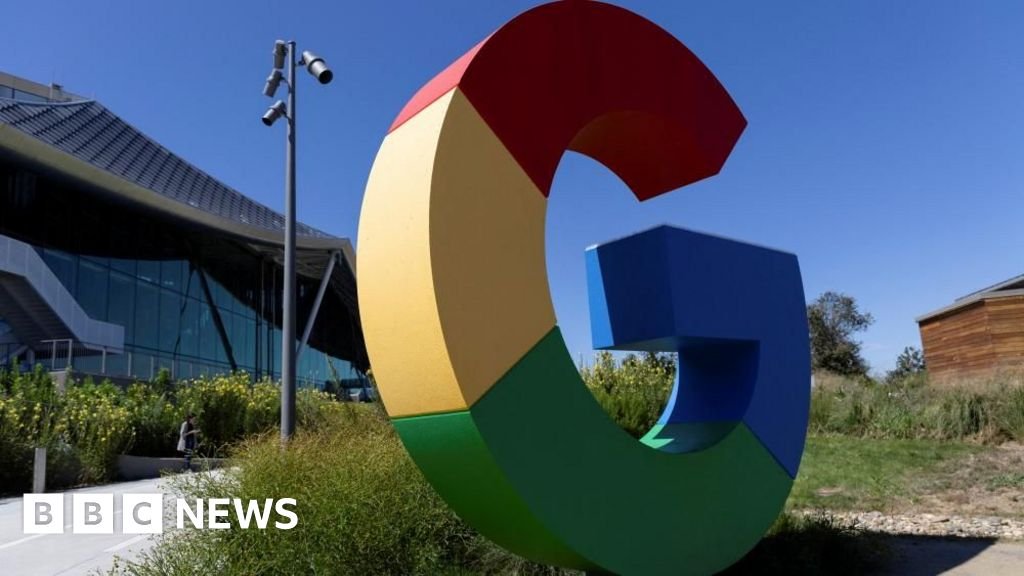Alphabet’s Google has imposed new restrictions on revenue-sharing agreements with companies such as Apple, making its search engine the default on its devices and browsers.
The recommendations stem from the U.S. search giant’s ongoing antitrust battle over its online search business.
In August, U.S. District Judge Amit Mehta ruled that Google illegally suppressed competition in its search space, and the company vowed to appeal.
Google said in a legal filing on Friday that it should be allowed to continue entering into these contracts with other companies while expanding the options it offers.
These options include allowing different default search engines to be assigned to different platforms and browsing modes.
Google’s proposed remedy also requires partners to change their default search provider at least every 12 months.
The proposals contrast with the sweeping remedies recommended last month by the U.S. Department of Justice (DOJ), which recommended that Judge Mehta force the company to stop entering into revenue-sharing contracts.
U.S. Justice Department lawyers are also asking Google to sell Chrome, the world’s most popular web browser.
Google’s search engine accounts for approximately 90% of all online searches worldwide, according to data from a web traffic analysis platform Statistics counter.
In a statement, Google called the Justice Department’s remedies “overbroad” and said even its own counterproposal in response to court-imposed deadlines would cost partners.
Judge Mehta is expected to rule in the remedial phase of the landmark case by August following the trial.
